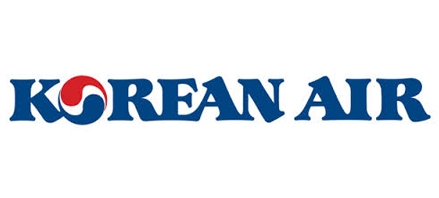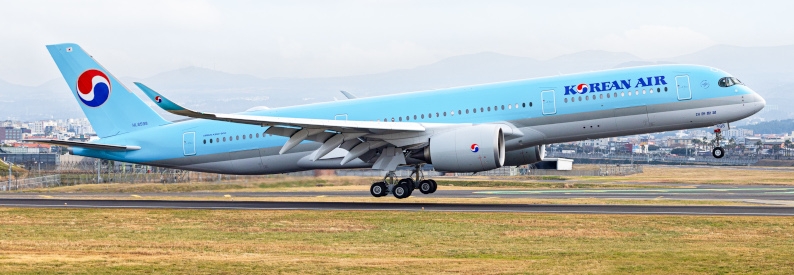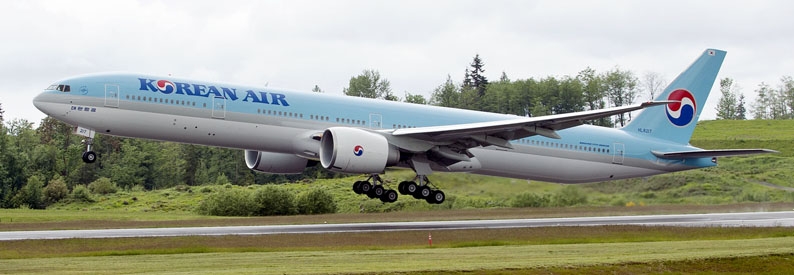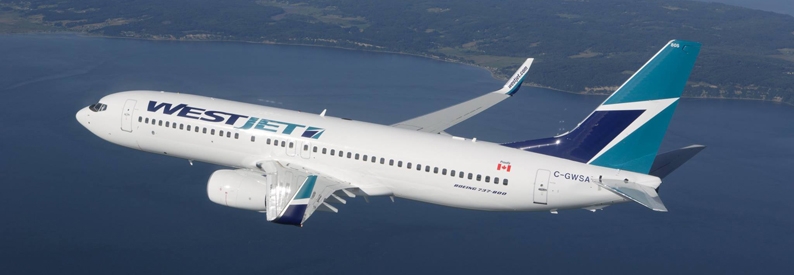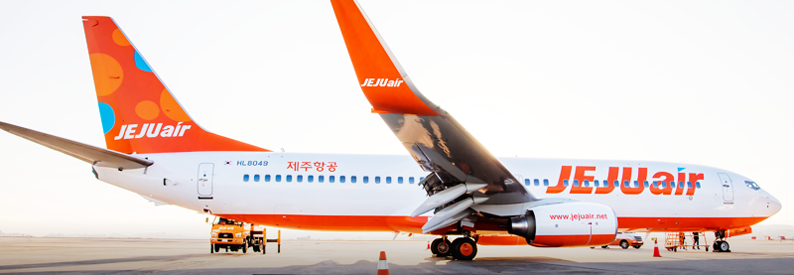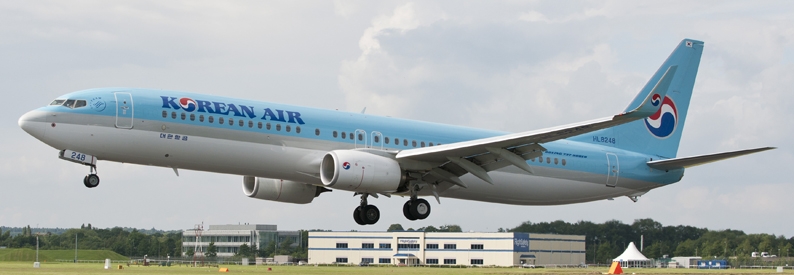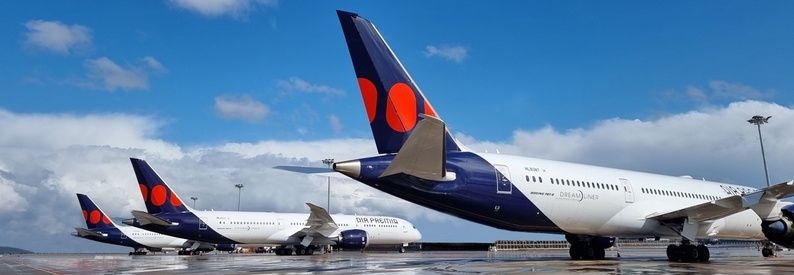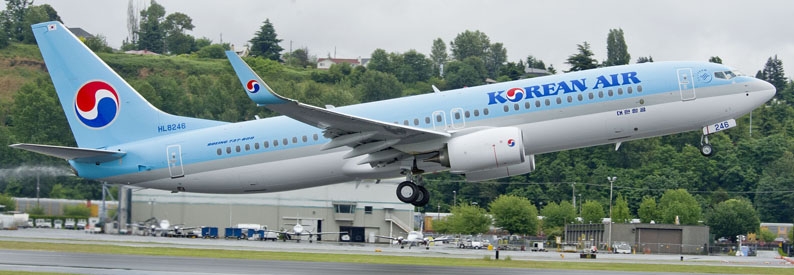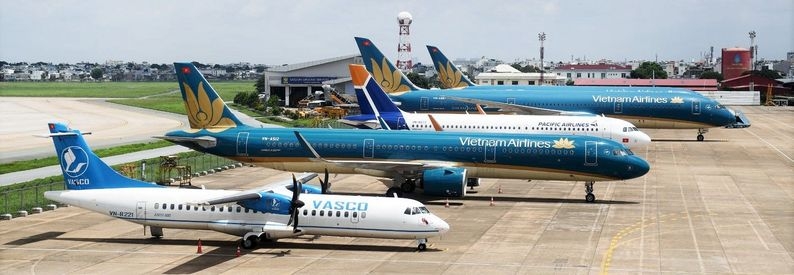Korean Air (KE, Seoul Incheon) has confirmed that the three low-cost carrier brands it will wholly or partly own following its planned merger with Asiana Airlines (OZ, Seoul Incheon) will all operate as Jin Air (LJ, Jeju).
"Jin Air, together with Asiana's Air Busan and Air Seoul, will be unified under a single Jin Air brand," a Korean Air spokesperson told Reuters.
In March, ch-aviation reported that Korean would consolidate its multiple low-cost carrier brands into one after its merger, a move it has been pondering for years. According to one local newspaper, the outcome will be a "mega LCC."
First proposed in late 2020, Korean Air expects to finalise its KRW1.8 trillion won (USD1.28 billion) acquisition of a 63.9% stake in Asiana later this month. Having received final approval from the European Commission last week, the airlines are now awaiting approval from the US antitrust authorities, which is expected imminently. It is understood that Korean has already received verbal notice from the US Department of Justice saying it will not oppose the deal.
The merger will result in a major recalibration of South Korea's aviation market, with the Asiana, Air Busan, and Air Seoul brands disappearing. The enlarged Korean Air will become the world's tenth biggest scheduled passenger operator and Jin Air will become South Korea's biggest low-cost carrier.
Measured by weekly seat capacity, the ch-aviation Commercial Aviation Operator Capacity Data module shows that t'way Air (TW, Daegu) is South Korea's biggest low-cost carrier, with a 10.98% market share, followed by Jin Air on 10.32%. However, adding Air Busan's 7.49% and Air Seoul's 1.75%, the enlarged Jin Air would command a 19.56% market share, assuming no other changes. This easily eclipses t'way Air and the two other significant local low-cost operators, Jeju Air (10.07%) and Eastar Jet (4.62%).
